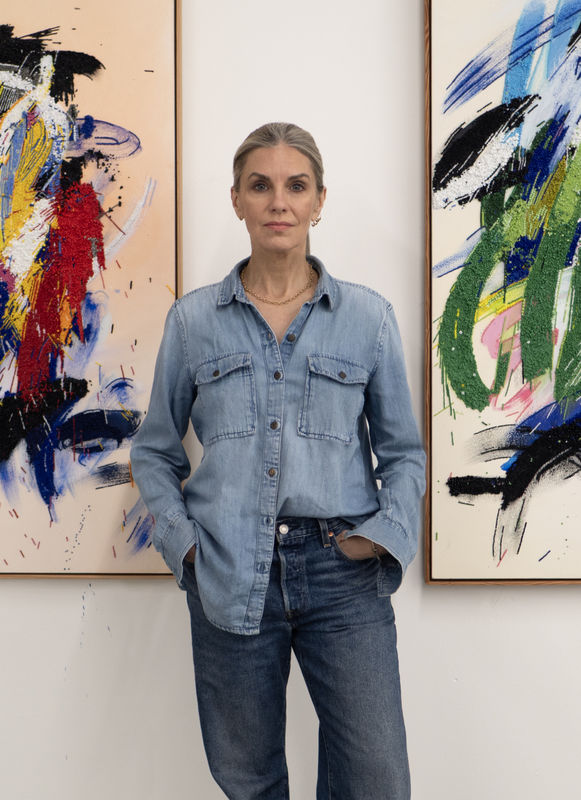VALIE EXPORT: Acts of Creation Review at MAC Birmingham
By Millie Walton
A year after her first child was born, the American artist Mierle Laderman Ukeles (b.1939) published ‘Manifesto for Maintenance Art 1969! Proposal for an exhibition “Care”’. The three-and-a-half-page document made a case for domestic work to be made not just visible but also to be valued as an art form. She later described it as ‘a survival strategy’, as a way of reconciling the conflict between her work as a mother and her work as an artist. But it also set out to challenge a culture that valued progress and ‘utter development’ over the slow, repetitive, messy realities of care work. Over fifty years later, Hettie Judah, the curator of the touring exhibition Acts of Creation: On Art and Motherhood, suggests that very little has changed. Care work – specifically the care of children, which continues to fall in the most part to women – remains undervalued and underrepresented in the art world. This is not for a lack of material; the exhibition, which includes the work of more than sixty modern and contemporary artists, shows that artist mothers have been making innovative and complex work for decades. Each draws on their lived experience to raise issues with much wider social and cultural implications around the body and inequality, isolation and dependency, and one’s sense of economic and self-worth.
[...]
Upstairs, in a section titled ‘Maintenance’, artists continue to make a point of airing their dirty laundry. In Die Geburtenmadonna (The Birth Madonna), VALIE EXPORT (b.1940) sits with her legs open on top of a washing machine, from which bloodied towels spill out. One in a series that subverts Renaissance representations of the Virgin Mary, the work references Michelangelo’s dramatic and sorrowful Pietà (1498–99; St Peter’s Basilica, Vatican City), in which Mary holds her son’s limp body after it has been taken down from the cross. Die Geburtenmadonna, by contrast, does not feature a baby, but rather the aftermath of childbirth: the washing machine, a symbol of modern consumerism, but also of the toil of motherhood and the social expectation to cleanse and purify the experience.

















































































































































































